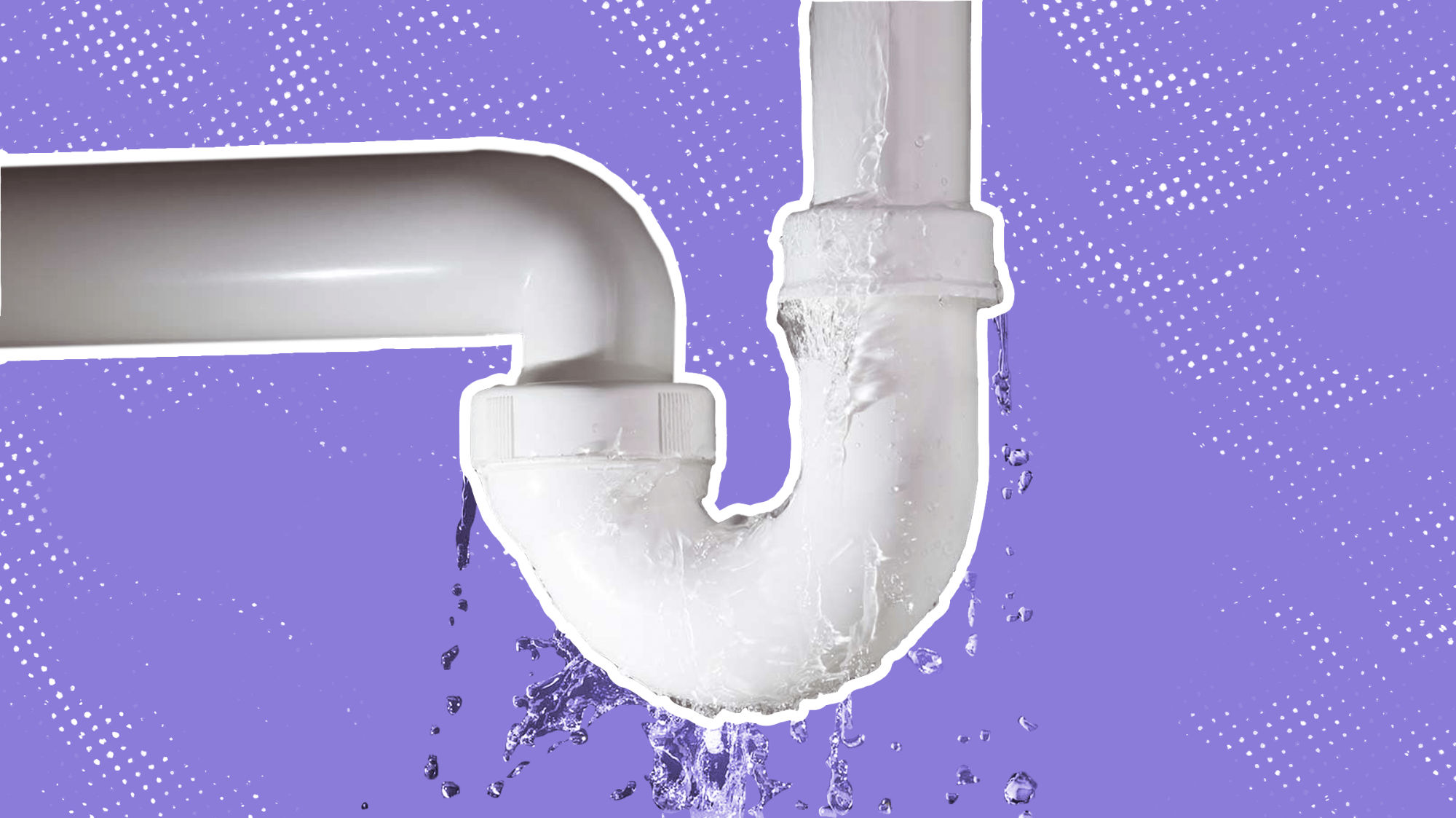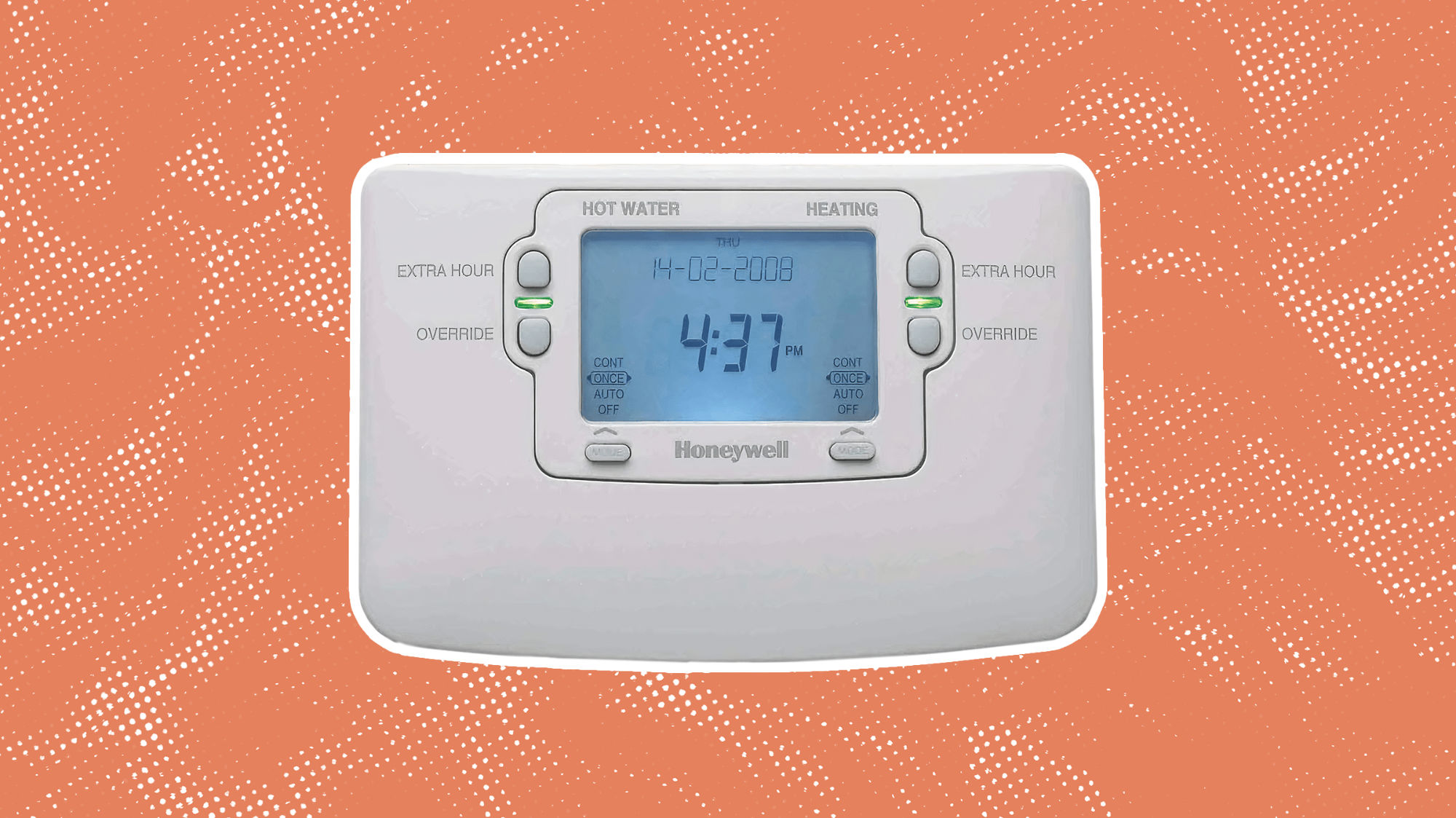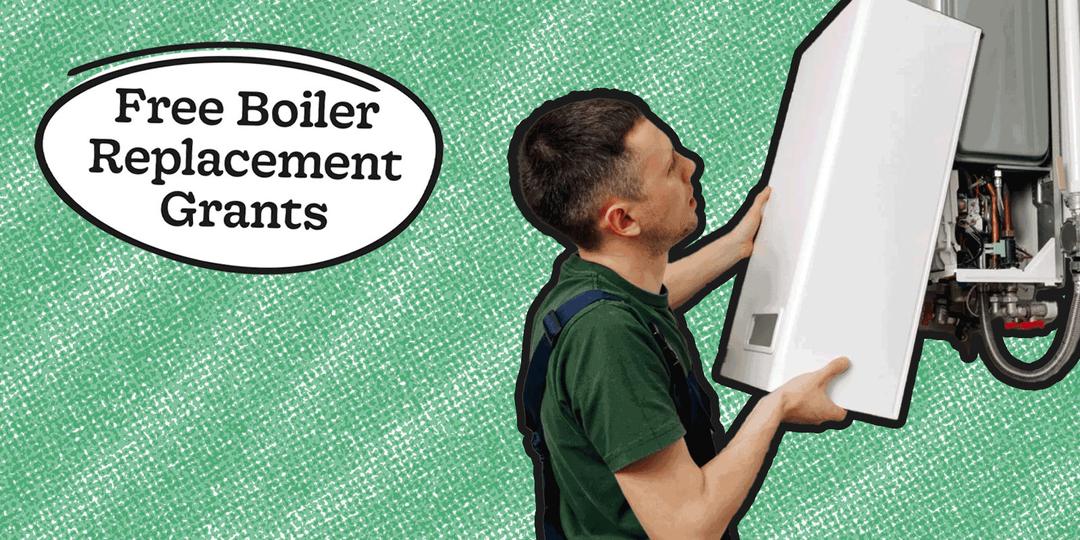If your boiler is crackling and popping, it may be about to snap. Learn about that here and why you just shouldn't have poured milk on it.
What is boiler kettling?
Firstly, let’s define boiler kettling, aka: dry boiler kettling.
Put simply, it’s just a term to describe a boiler that’s making a horrible noise it shouldn’t. Your boiler should be seen and not heard. Or both, if it’s in a cupboard.
Amongst other tunes – boilers transcend genres – the noise can often sound like a boiling kettle, hence the term ‘kettling’.
If your boiler is old, noisy and inefficient, a replacement may be a better option than a repair.
Read our quick guide:
Check out our complete best boiler brands guide, if you want to learn more about this year's winners and losers.
The top 3 most common causes of boiler kettling and strange noises are:
Limescale/depository build-up
Boiler overheating/faulty thermostat
A leaking system (in your boiler or pipework)
In many cases, boiler kettling will be caused by a leak in the system. That could be a leak close to the boiler unit itself but also throughout the pipework in your home.

Your first port of call should be to check your system for any noticeable leaks (if you haven’t already spotted one). Start with the area around the boiler – in particular, the pipework beneath it.
Also, check the pipework around all of the radiators in your house – a leaky radiator could also cause kettling and noises in a boiler. Pay extra attention to the joints where two pipes meet.
Your boiler could be leaking for quite a number of reasons; it could be because of poorly installed pipework, general corrosion over time, over pressurisation and a number of other factors.
Don’t panic – your boiler may sound like it’s about to explode at any second, but this is incredibly unlikely, as loud as it may be whistling or banging. Most boilers have safety mechanisms that will cause it to shut itself down prior to it becoming a danger.
Got a really old boiler with a catastrophic leak? Get a fixed online quote for a replacement. Dry boiler kettling might well be your early warning sign to not throw good money, after bad.
Interested in paying for your boiler monthly? Grab a quote here.
Limescale/depository build-up
A particularly common cause of boiler kettling is the accumulation of limescale and ‘sludge’ in the heating system. Over time, limescale in the water can build up, becoming trapped and restricting the flow of water – in particular around the area of the boiler heat exchanger which will cause overheating and steam, contributing to the infamous kettling sound.
Sludge can also cause blockages in the rest of your heating system, such as making your radiators cold at the top or bottom.
If you’re confused because your boiler runs on gas – not limes, don’t worry. Limescale is a natural occurrence from the minerals (largely calcium) in the water. Different areas of the country have varying degrees of water minerals. Area’s where the water contains more minerals will of course be more susceptible to limescale build up. Locations like these are referred to as ‘hard water’ areas.
Limescale is a natural occurrence from the minerals (largely calcium) in the water. Different areas of the country have varying degrees of water minerals. Areas where the water contains more minerals will, of course, be more susceptible to limescale build-up. Locations like these are referred to as ‘hard water’ areas.
You can check what type of water you have in your area, here.
Those pesky hard water areas will be considerably more prone to boiler kettling.
Boiler overheating/faulty thermostat
If your boiler is overheating, it’s likely going to get noisy and a feasible cause of this is a faulty or broken thermostat.

Overheating may also be the culprit if your boiler is cutting out when the central heating is on. In this instance, kettling might not be the sole culprit.
First off, you should check the settings on your thermostat and adjust/reset if you confident doing so. This is the one instance which presents an opportunity to silence the boiler noise yourself.
With old boilers, thermostats do often begin to show problems, as do diverter valves and when this happens, they’ll tend to need replacing entirely. It’s worth noting if your boiler is over 10 years old and requires expensive repairs, it’s very likely to be more cost-effective to install a new boiler, especially considering potential energy savings.
How to stop kettling
Tweaking the settings of an inaccurate thermostat or bleeding radiators aside, you’re going to require the services of a quality, Gas Safe boiler installer to diagnose and repair your boiler.
Fixing a leak
Repair work for a leak can be diverse because of the range of areas and components that could be the source of the leak. If the leak is external and caused by a failing seal on a pipe or joint then it’s likely to be a simple repair costing between
Typical cost:
£70 → £150
If the boiler is leaking from within then there’s a possibility the problem is going to be more complex, with a likelihood of corroded parts inside. With this in mind, a repair is going to nearer to £300 and upwards – with perhaps, a full boiler replacement required.
How to fix limescale build up
Fixing limescale build-up
Considerable limescale build-up will more than likely require a chemical clean and or power-flush from a heating engineer. A chemical clean will use high strength solutions to corrode the debris in your heating system. A power-flush is very similar – using a pressurised water device to rinse the central heating system of the unwanted deposits.
Typical cost:
£200 ish
Stop a boiler overheating
If the cause is an inaccurate thermostat then you should consult your boiler manual for instructions on how to correct or reset the device – this comes at the bargain price of, free. If you’re not that lucky though and the problem still occurs after your valiant efforts, you’ll need to draft in a professional, in which case you’ll be having to part ways with...
Typical cost:
£100 → £150
Boiler kettling noise has long been the preferred soundtrack of oujia board enthusiasts and seance organisers.
All in all – you needn’t light the beacons of concern to alert the elders of impending doom when your boiler starts to get a touch noisy.
Boiler kettling is approximately 13% urgent.
However boiler kettling shouldn’t be happening and it can allude to a more serious problem with your central heating, so you shouldn’t hesitate to call a heating engineer and have them diagnose it for your peace of mind.
If your boiler is over 10 years old and your repair is going to cost upwards of £300, we’d recommend comparing prices for a boiler replacement as it’s likely to save you money in the long run.
Check our latest new boiler cost guide and boiler size calculator for a better understanding of your own situation.
Is your boiler making a different type of noise, other than kettling? Find out why in our noisy boiler guide.
You may be interested in Gas Engineer Allen Hart explaining the most common boiler problems and how you can resolve them in the video below:
Boiler busted? Get the best price on a replacement
How? Without boasting, buy from us.
We're an online, nationwide boiler installation business with 500+ 5 star reviews from a shed load of happy customers.
Because we're online, our overheads are low which means we pass those savings on to our customers, ensuring they're always getting the best deal on a new boiler.
Plus, because of the volumes that we install, we're able to access exclusive warranty lengths from our partner manufacturers. For example, we can offer 10 years of protection on the Viessmann 050 range, whereas your traditional installer can only offer you 7. Boom. Read our Viessmann 050 review and Viessmann 100 review for a full rundown.
To get the best deal on a new combi boiler, answer some quick online questions and we'll give you an instant fixed price.





